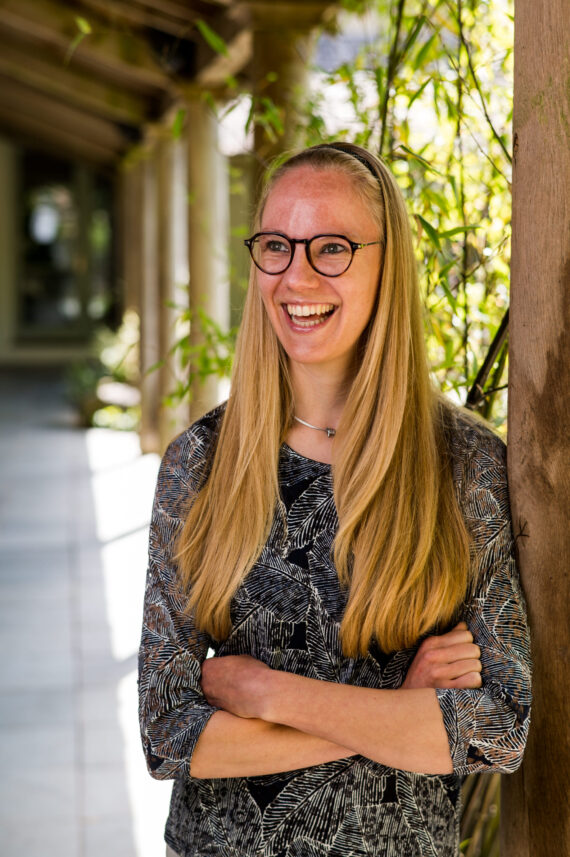consulting
Miriam Belmonte
Senior Analyst at DolonIt might feel safe and comfortable to stay in a role you have become proficient in, but exploring other career paths can lead to exciting new opportunities.
Gry Wester
Associate Management Consultant at VMLY&R HEALTHAs an academic and lifelong learner, I think you have the research and development skills to quickly learn about a new subject matter.
Gianluca Bortoletto
Data Analyst at NTT DataMy academic background allows me to understand the main issues related to the job and the research project, and how to offer potential solutions to that.
Manolo Castellano
Recruiting Manager at Talento CientificoI started a process of self-awareness to understand where I could apply my skills and which were my main motivations from a personal and professional point of view.
Danielle White
Founder and Director at Periscope Programmes LtdThe PhD is a hidden superpower, not a ball and chain.
Tom Charlton
Senior Associate Consultant at Cambridge Healthcare ResearchI enjoy interacting with clients and starting new projects, where you have to dive into a space and quickly familiarise yourself with it.
Philipp Langer
Senior Associate Consultant at Cambridge Healthcare Research (CHR)The problem-solving aspect is what I enjoy the most and the direct impact/value my work has is very rewarding.
Heather Kazara
Assistant Ecologist at Aspect Ecology LtdI wish I had known how many other people leave academia and are happy with their decision.
Josephine Head
Senior Research Lead Sustainable Agriculture at Earthwatch EuropeA favourite part of my job is feeling like I’m doing something really impactful.
Joshua Maher
Associate Consultant at IQVIAIt’s very rewarding working directly with patients and exploring their experiences on different treatments. I also love the collaborative atmosphere and working across multiple areas, as you gain a lot of experience over a relatively short period of time.
Nikola Novčić
Consultant at Boston Consulting GroupThere are a lot of amazing opportunities outside of academia and leaving does not mean you have ‘given up or failed’.











